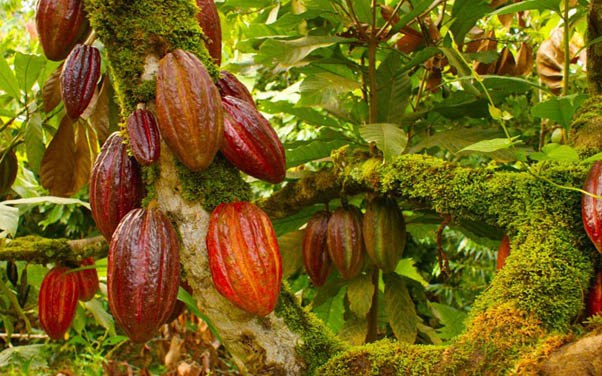Posted: June 1, 2017
2017 international symposium to promote research for Cacao in Colombia.
Challenge
In 2015, USAID identified a need in Colombia to strengthen the profitability and environmental sustainability of cacao production and processing, an important alternative crop to coca, the source of cocaine. Enhanced and targeted research efforts will help to improve productivity, quality and sustainability of cacao as the country recovers from its 53-year civil war. To most effectively direct research funding, it is essential to improve overall understanding of the current research needs for cacao production in the Caribbean region and in Colombia in general, to identify gaps in knowledge and to promote the development of a shared vision among national and international stakeholders for future research activities in the region.
Initiative
In 2016, USAID signed a Participating Agency Program Agreement with USDA-FAS to strengthen Colombia's key public and private institutions involved with cooperative research, technical assistance, and extension education in the cacao sector. The overall goal of the Cacao for Peace (CfP) program is to improve rural well-being through agricultural development focused on improving cacao farmers' income, economic opportunities, stability and peace. An important component of the project is the promotion of essential research that will support the development of the industry. In May 2017 the research agenda of the CfP project was initiated with the organization of an international symposium including more than 125 participants from academic, government and industry institutions to map the future of cacao research in Colombia's Caribbean region.
Results
After 2 days of intense research presentations and focused discussion, the symposium participants identified a set of priorities necessary to promote the cacao industry in the Caribbean region of Colombia. These include research in the areas of soil and water relationships, including cadmium; crop improvement through genetics; the transfer of knowledge and helpful practices from academics and government scientists to farmers on the ground; and market research. Cadmium poses a challenge to cacao production in Colombia because it naturally occurs in the soils and it accumulates in some varieties of cacao beans. The European Union in January 2019 will reduce the allowable amount of cadmium in chocolate to protect human health, so there's an urgent need to find solutions that reduce cadmium accumulation in the beans. Solutions may include identifying cacao varieties less susceptible to cadmium accumulation and breeding and promoting those varieties and/or soil treatments. The symposium gave project participants a clearer understanding of the research needs of the region's cacao farmers and processors. It also helped to strengthen collaborations and to develop a shared vision among all stakeholders about the region's cacao industry in the future. The findings of the meetings will be used to guide the future activities of the CfP project and may help Colombia's National Cacao Council to further develop their national priorities for research and development.


